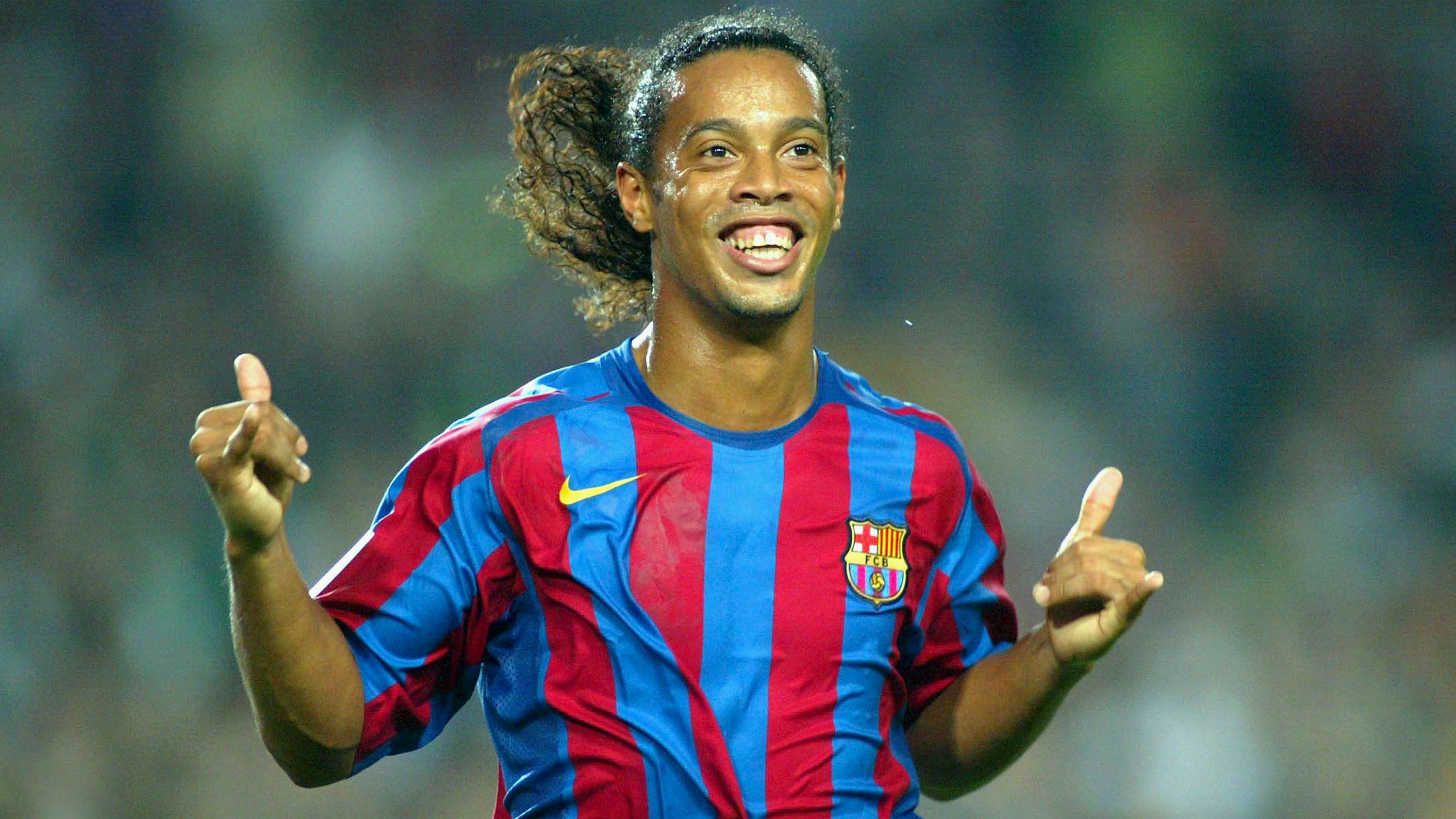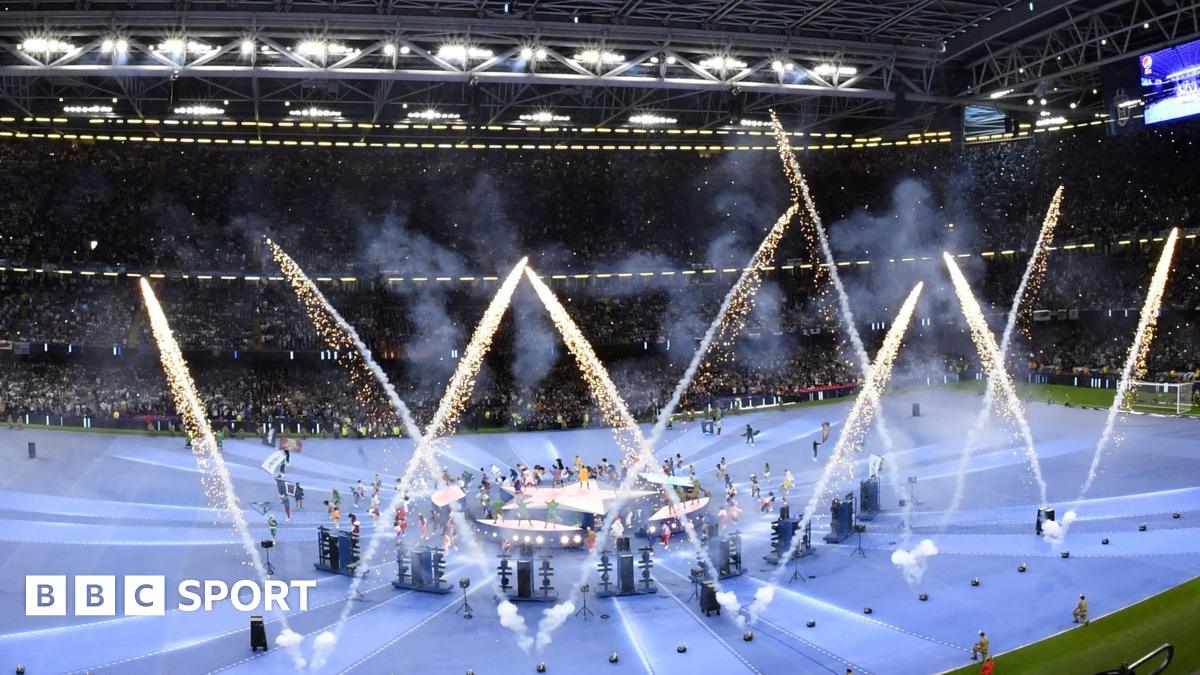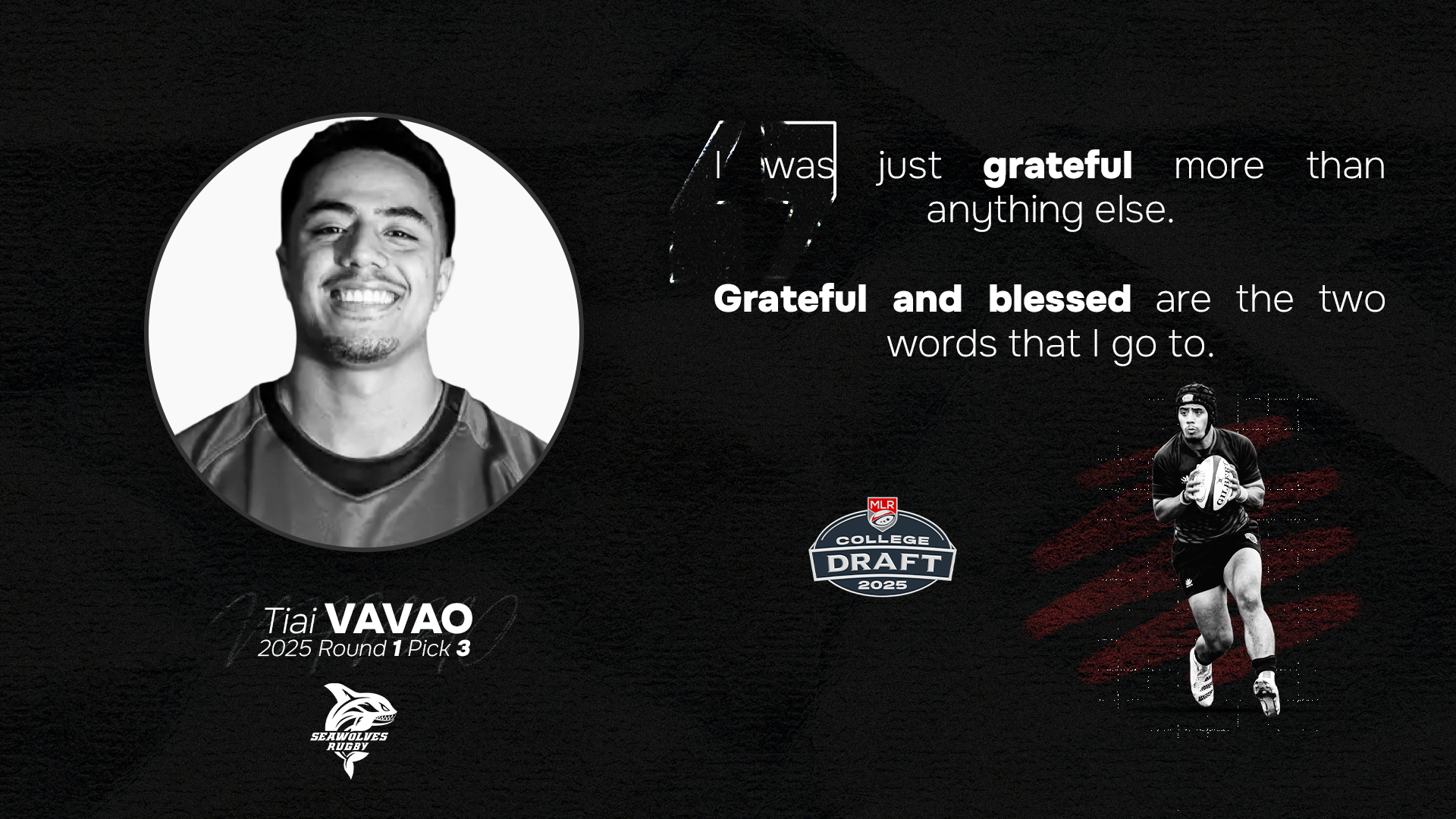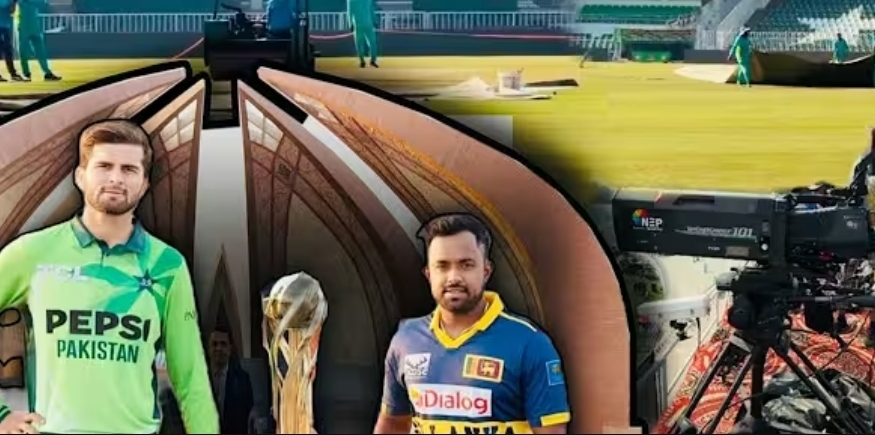Premier League could start war with players if it brings in salary cap

The Times understands the players’ union has also held discussions with senior members of the England men’s squad but next week’s meeting, which will involve captains from clubs known to be more in favour of anchoring, could prove far more significant. When clubs first voted on the issue last year, Premier League leaders Arsenal were among the 16 clubs who voted in favour of exploring the anchoring option.A statement from the Premier League read: “We disagree with the PFA’s views regarding the proposed financial rules and the extensive consultation process we have been conducting with our clubs and other stakeholders.“The PFA has had numerous opportunities since March 2024 to provide feedback on, and shape, the proposals and the principles that underpin them. Where the league has received feedback on the New Financial System from stakeholders, including the PFA, we have considered it carefully and, where appropriate, incorporated it into formulating the draft rules.“It is the league’s objective to maintain the Premier League’s value, competitive balance and ensure clubs operate in a financially sustainable way. We are engaging with our clubs, and they will continue to evaluate the proposals. They will have the opportunity to vote on them later this month.”The PFA has declined to comment on next week’s meeting with the captains, the details of which came from separate sources. But in an exclusive column with The Times, the PFA chief executive, Maheta Molango, outlined the extent to which the union intends to fight the Premier League on this issue.Salary cap would kill parachute payments — we fear Premier League clubs have not thought about the repercussionsBy Maheta Molango, PFA chief executiveNext week Premier League clubs will decide whether to replace present financial regulations with new spending controls. For the first time, this includes a salary cap.Clubs will vote on whether to replace Profitability and Sustainability Rules (PSR) with “squad cost ratios”, meaning clubs are not able to spend more than 85 per cent of their yearly revenue. More controversially, they will also decide whether to introduce an untried system called “top to bottom anchoring”. This would put a hard cap on what any club can spend on costs, including player wages. Each club would be “anchored” to the bottom of the Premier League. They would only be allowed to spend a multiple of the club who receives the lowest central income, regardless of their own revenue or finances.If those measures are introduced, some clubs would immediately be in breach of the new rules. This would require them to reduce spending and, as the players’ union, that affects our members. There are established consultation processes and requirements in the English game around such proposals. We do not believe the Premier League has met these and we have been clear that we will take measures to challenge the new rules if they are brought in.We are not the only ones. Clubs who view the changes as a clear restriction of trade will also take action. Competition specialists have raised eyebrows at the anchoring proposals, which have no precedent, and legal challenges are inevitable. The lawyers are the only winners in this scenario and, before they vote, clubs will no doubt be questioning their appetite to cover the cost of even more legal bills to defend the new rules.Opponents of the anchoring cap say that it will harm the ability of English clubs to compete. Nearly half of the Premier League are playing in Europe this season. We cannot just ignore the fact that football is a competitive global market, and for English clubs to voluntarily adopt a localised cap will seem to many to be an act of inexplicable self-harm.For the PFA, however, our opposition is as much about the impact on the wider game and our members.The Premier League does not exist in a vacuum. Premier League clubs who support anchoring the top of a league to the bottom could have no complaints about that principle then being applied across other divisions. Have those clubs really thought about what that might look like in practice if they were relegated to the Championship and suddenly became the club affected by a cap?The future of parachute payments for clubs who are relegated from the Premier League has been central to the debate around financial redistribution. The Premier League believes they are needed to allow promoted clubs to invest and compete. The EFL, though, believes they distort its competition. It is difficult to understand, then, why Premier League clubs would support a cap which, if then also introduced in the Championship, could essentially “kill” parachute payments.The Premier League could hand relegated clubs a cheque for millions which the EFL could tell them they are not allowed to spend. For Premier League clubs whose plans will at least include the possibility of relegation — and how to bounce back — is that a scenario that they have properly considered?For fans, support for caps can sometimes reflect a wider belief that there is just too much money in modern football. But it is important to remember that the emotional response to player wages is based on the outliers. A high-profile Premier League player is not the average PFA member. They are found in League One or Two, squeezing what they can from a short and insecure career likely to be based on a series of short-term contracts. If what happens in the Premier League trickles down, would it seem fair that those players might have their earning ability artificially capped?There is a wider backdrop to this. In recent years football’s stakeholders have pushed ahead with decisions with little consideration for what they mean for everyone else. But the legal ground is shifting. A series of rulings have made clear that football bodies do not exist outside the law.Football governance has become dominated by costly legal battles, infighting and regulatory uncertainty. It is not good for the leagues, the clubs, the players or the fans, but it is certain that these new rules, and the way they are being introduced, would guarantee more of the same.















